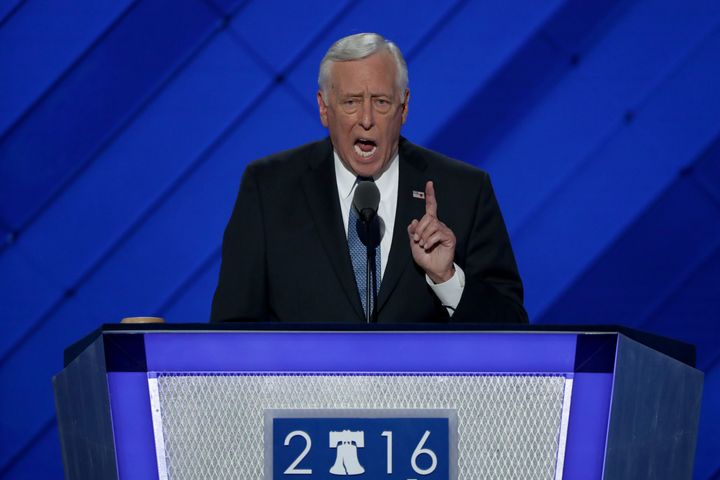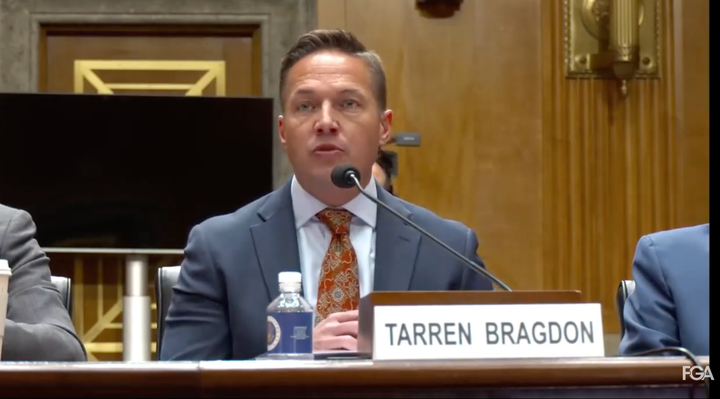In the year 2019, one of the most powerful Democrats in America thinks that marijuana is a gateway drug.
House Majority Leader Rep. Steny Hoyer (D-Md.) wrote in a letter to a constituent dated August 26, 2019, that he was “initially amenable to the idea of the legalization of marijuana” decades ago, but changed his mind “after learning of the drug’s harmful consequences as a threshold drug that leads to the use of harder, very harmful drugs.”
The idea of marijuana as a gateway drug—a talking point that was pushed heavily in the 1990s through programs like D.A.R.E.—has been thoroughly debunked. (D.A.R.E. removed marijuana from its list of gateway drugs in 2016.)
According to the website of governmental National Institute on Drug Abuse (NIDA), last updated July 2019, “the majority of people who use marijuana do not go on to use other, ‘harder’ substances.” The NIDA proposed an alternative possibility based on its research: “People who are more vulnerable to drug-taking are simply more likely to start with readily available substances such as marijuana, tobacco, or alcohol, and their subsequent social interactions with others who use drugs increases their chances of trying other drugs.”
Some studies suggest that access to marijuana could prevent people from using opioids, which are much more dangerous and addictive. A study from Economic Inquiry published earlier this month found that “legalization and access to recreational marijuana reduced annual opioid mortality in the range of 20% to 35%, with particularly pronounced effects for synthetic opioids.”
So what could explain Hoyer’s belief that marijuana is a dangerous gateway drug?



